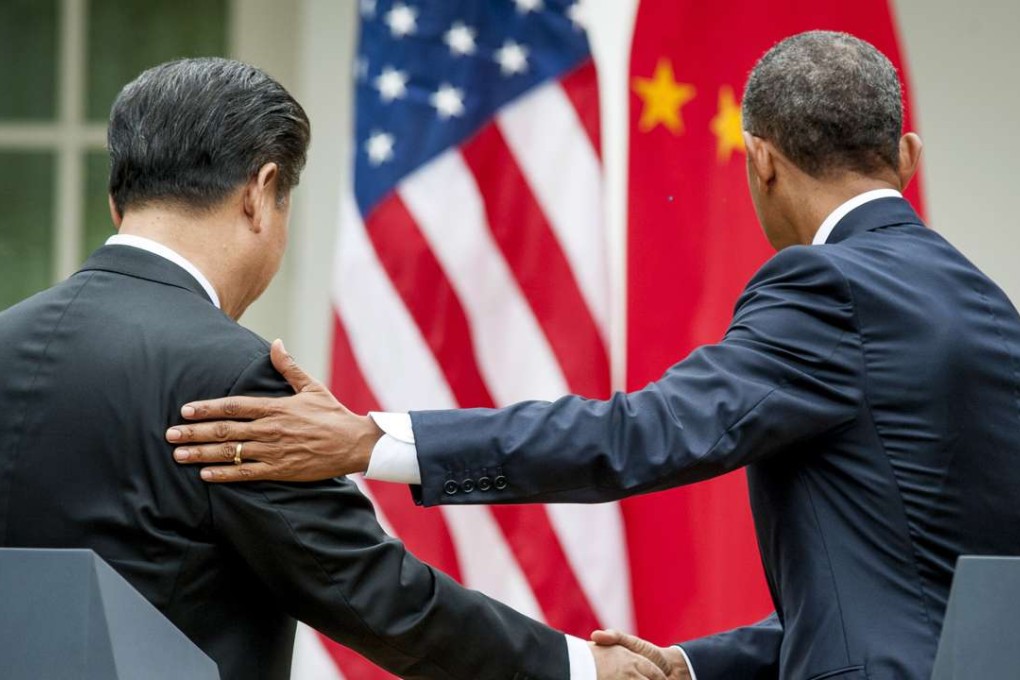Obama’s anti-hacking deal with Xi is reducing Chinese incursions, US official says

US President Barack Obama’s agreement with China over cyber espionage seems to be making a dent in hacking attacks from the country, according to a top Justice Department official.
Government agencies and cybersecurity companies are actively assessing Chinese hacking attacks, and “it seems like generally people have seen a change in activity,” Assistant Attorney General John Carlin, who oversees the Justice Department’s national security division, said on Tuesday.
“There’s a debate as to how long-lasting that might be, but there has been a change,” Carlin said in a speech at the Center for Strategic and International Studies in Washington.
In September, China’s President Xi Jinping and Obama reached an agreement pledging that they wouldn’t condone hacking to steal commercial secrets. Carlin cited a report this month from FireEye Inc that showed attacks from known Chinese hacking groups with a connection to state interests have dropped more than 80 per cent since August.
Current cyber threats are “blended”, with hackers who might act on behalf of a group but also for their own profit, Carlin said. There also hackers with links to a state but not carrying out “a state action,” he said.
“Be it in Russia or China or other countries,” Carlin said, someone who has access to hacking tools for their daily work can “use those tools corruptly during nighttime hours to do a hack.”